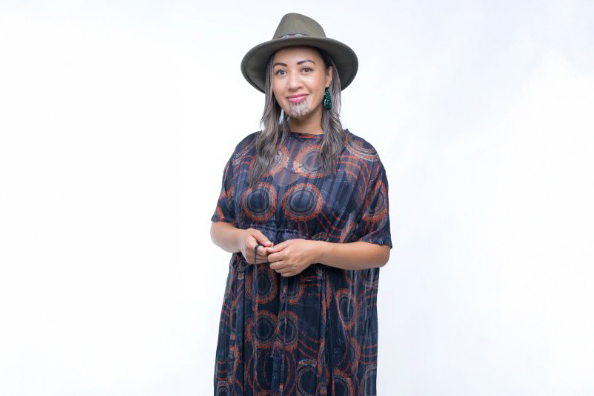Secondary school students will be able to convert their passion for Waka Ama into NCEA credits this year.
Two Level 2 Waka Ama unit standards developed by Te Wānanga o Aotearoa, Waka Ama New Zealand and Skills Active Aotearoa have been officially registered on the New Zealand Qualifications Framework.
Te Wānanga o Aotearoa Programme Developer Lynne Nuttall said she was delighted the Waka Ama unit standards had been registered on the NZQA Framework after a couple of years work behind the scenes.
“Secondary school students do a huge amount of work preparing for the national secondary competition, they do hours and hours on the water for weeks and weeks and now they can get up to 18 credits for NCEA.”
The units involve demonstrating and describing Waka Ama paddling and safety skills as well capsize drills which combined are worth 18 credits. The two Level 2 Unit standards will sit in the newly created Waka Ama domain on the New Zealand Qualifications Authority (NZQA) Framework.
The units involve describing waka ama equipment, demonstrating safety skills and paddling strokes.
Students will also be required to demonstrate capsize drills for waka ama.
The New Zealand Secondary School Sports Council census figures for 2016 showed that 2381 students participated in waka ama.
At that time the sport ranked 29th out of 95 sports in terms of secondary school students participation.
However, the numbers differ from Waka Ama New Zealand statistics and may not reflect the full rate of participation among children and teenagers given some paddle for a club and not their school.




































